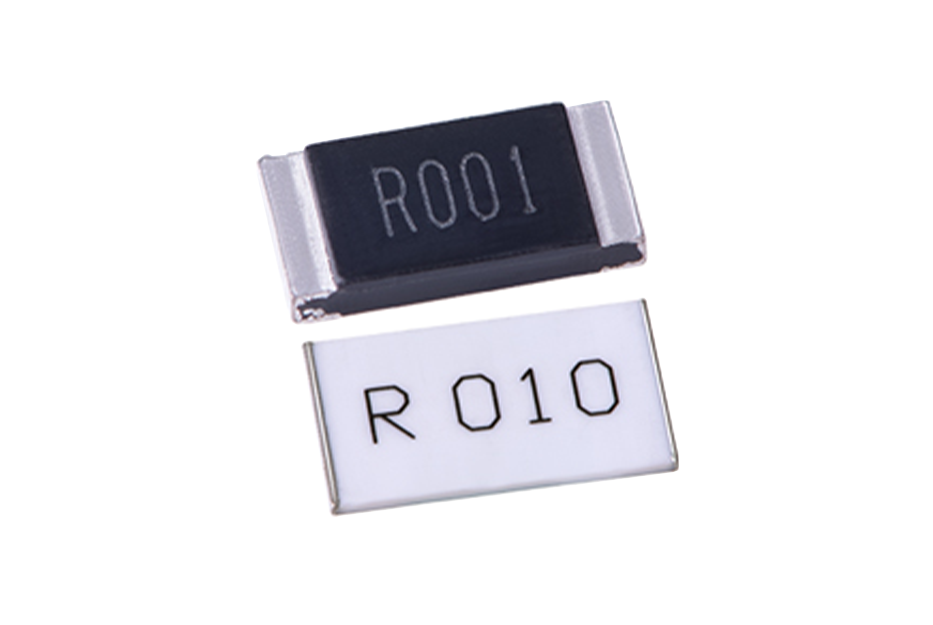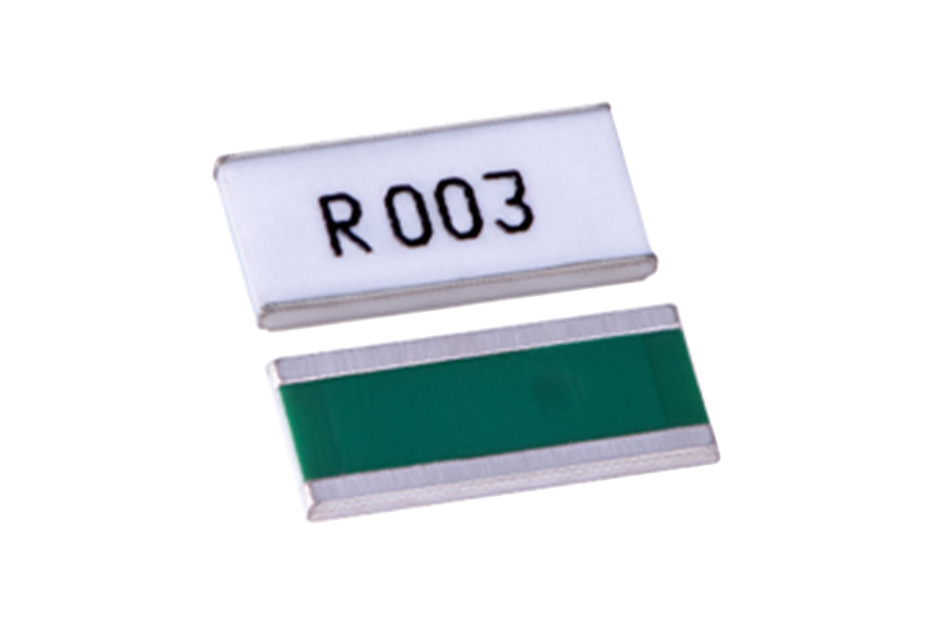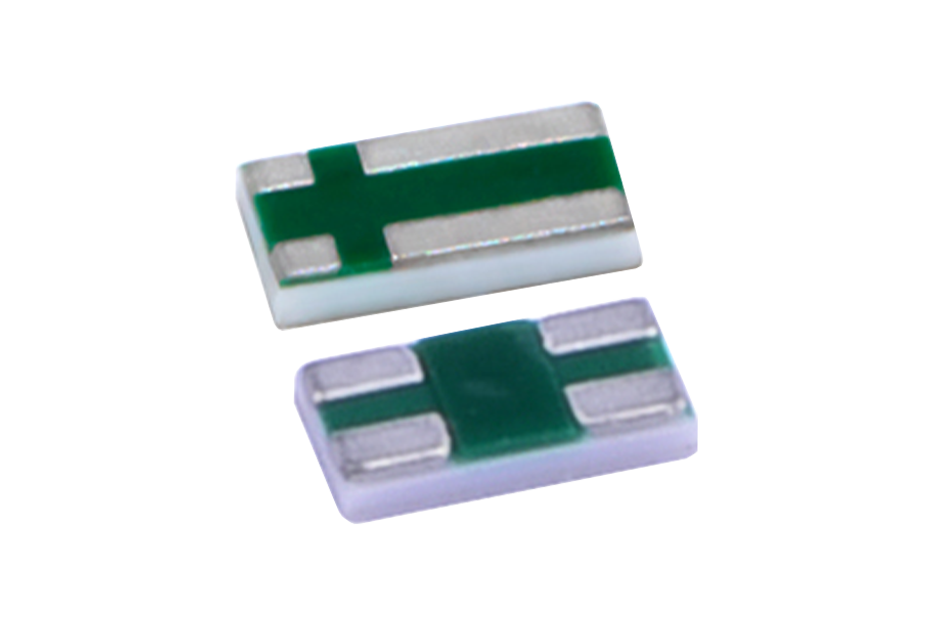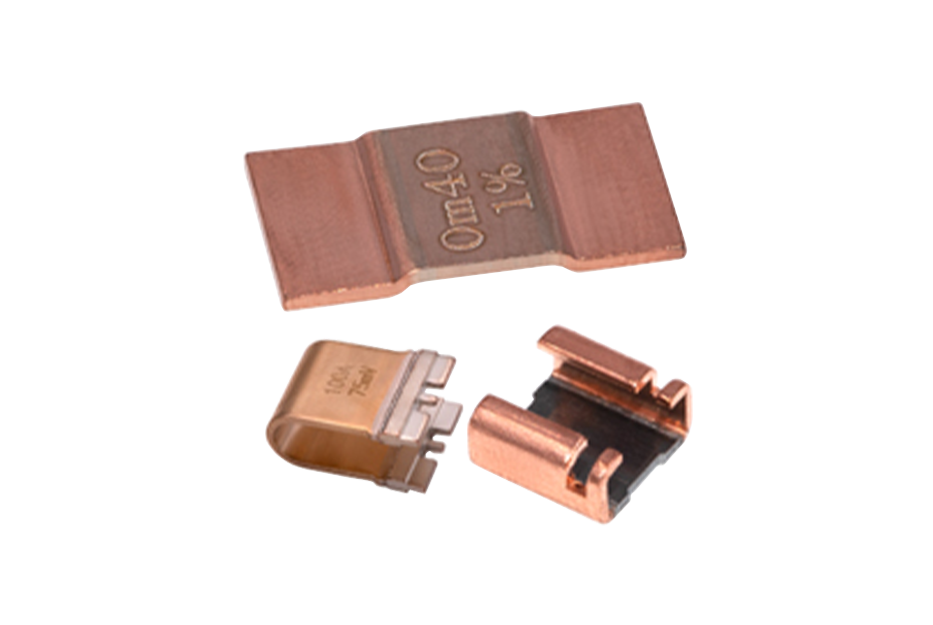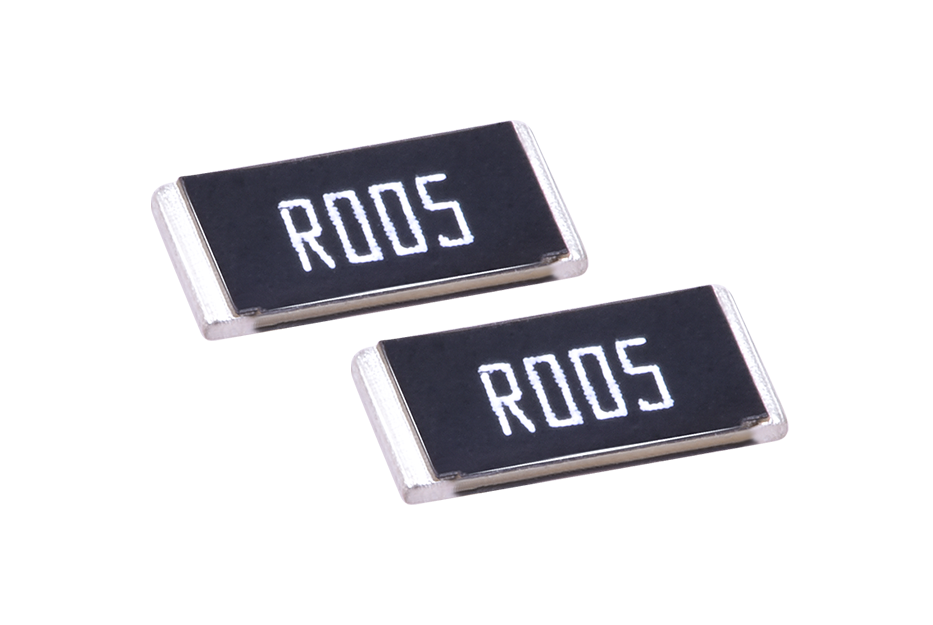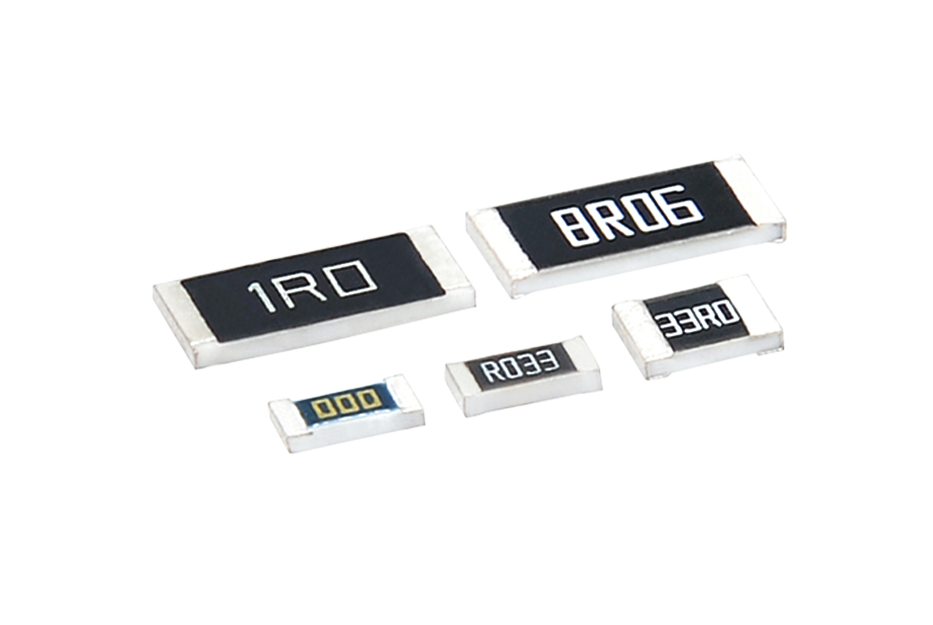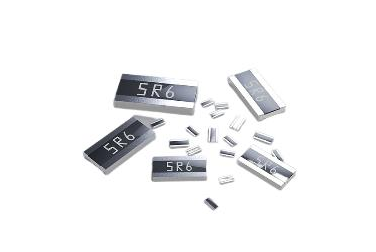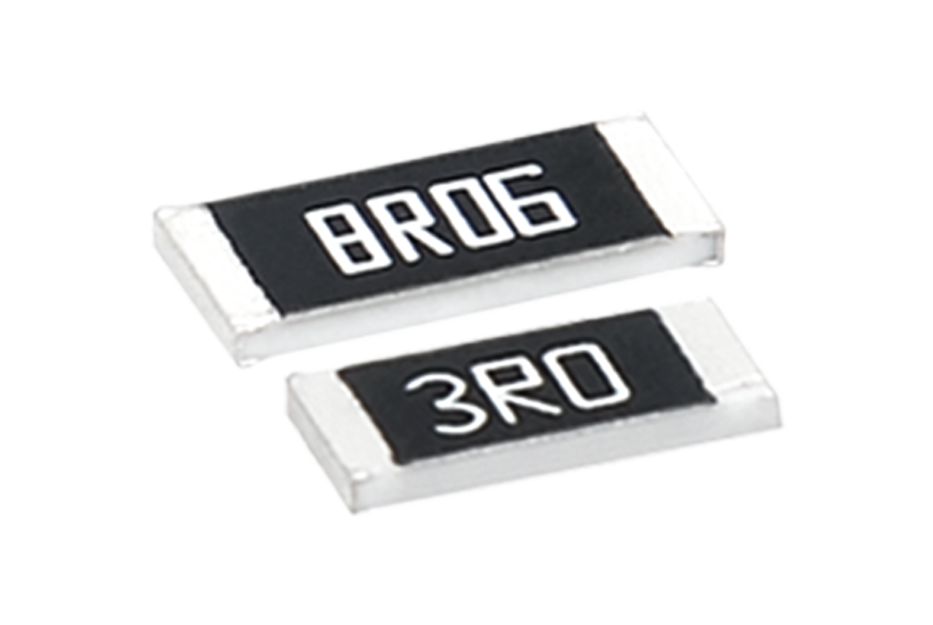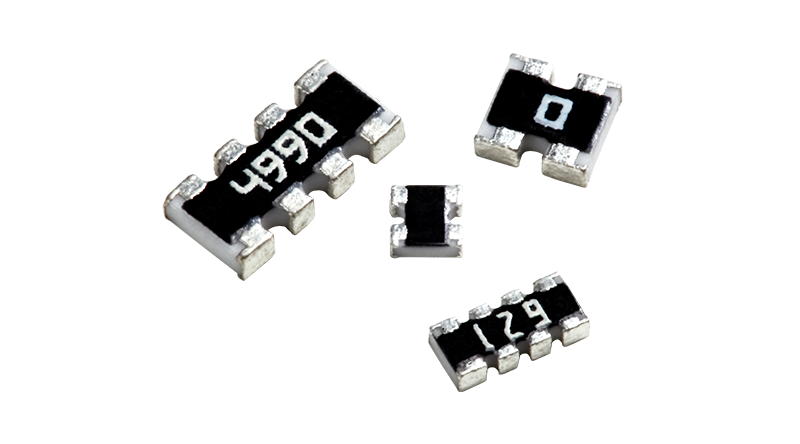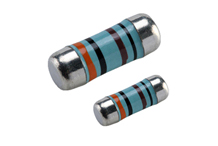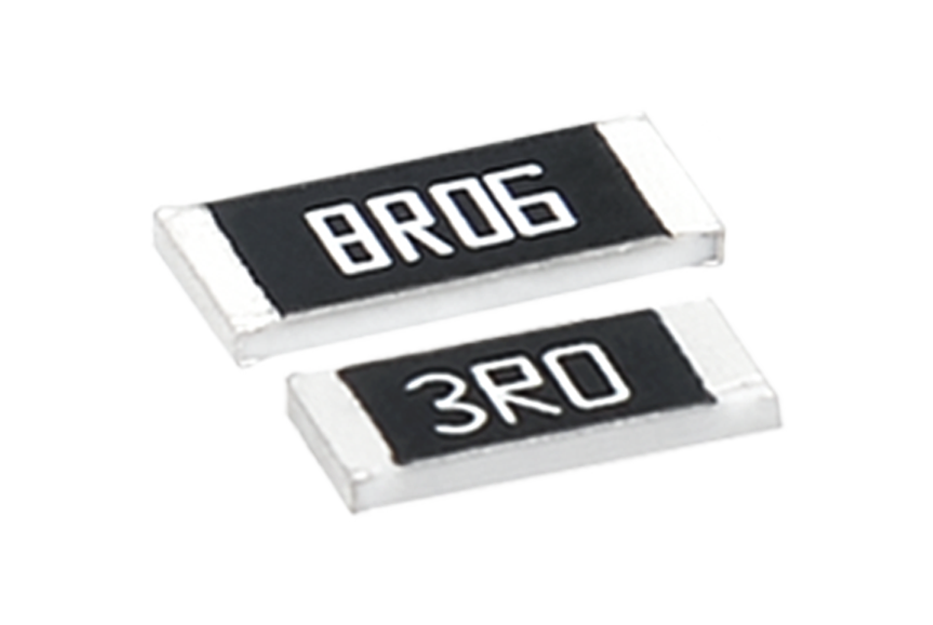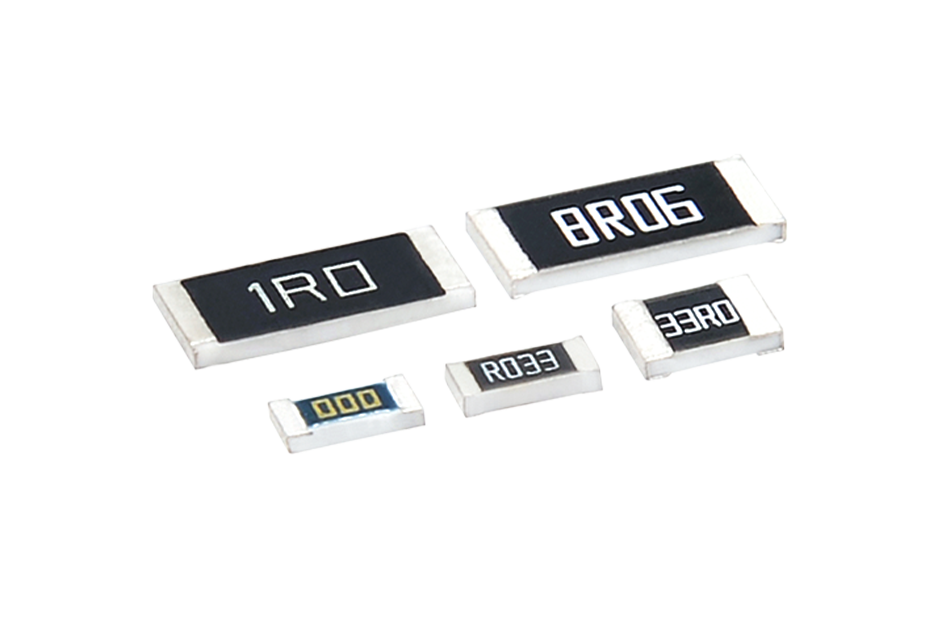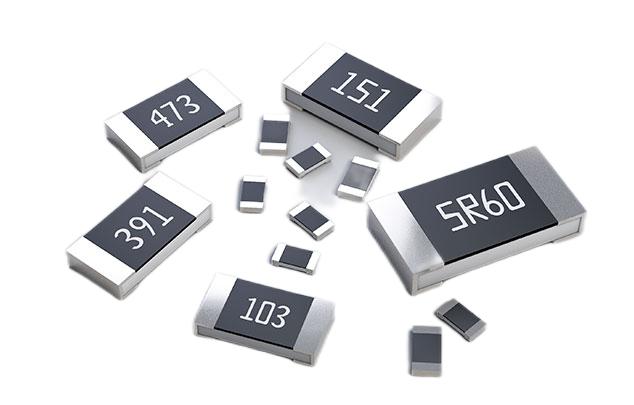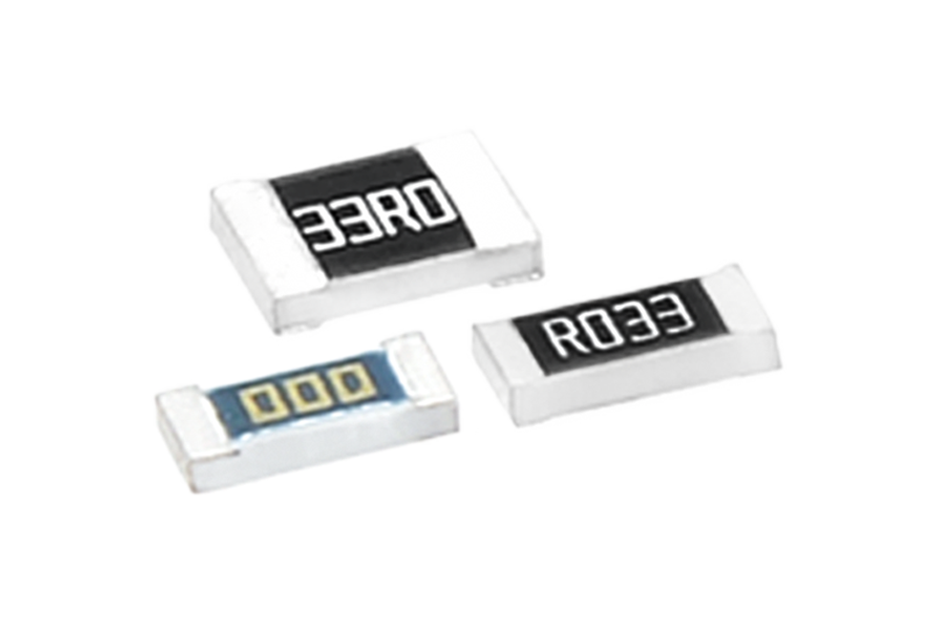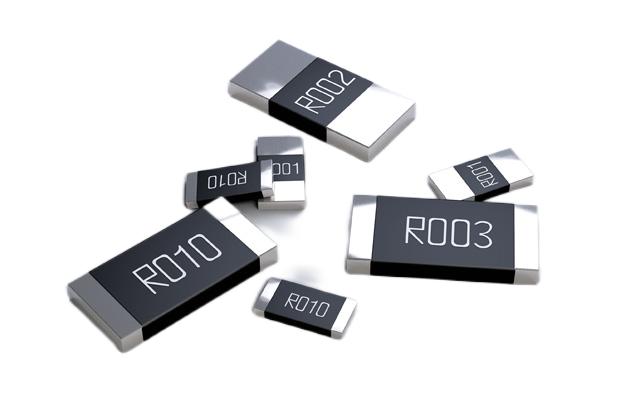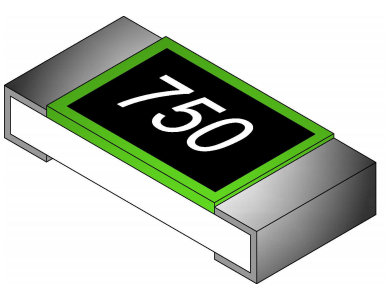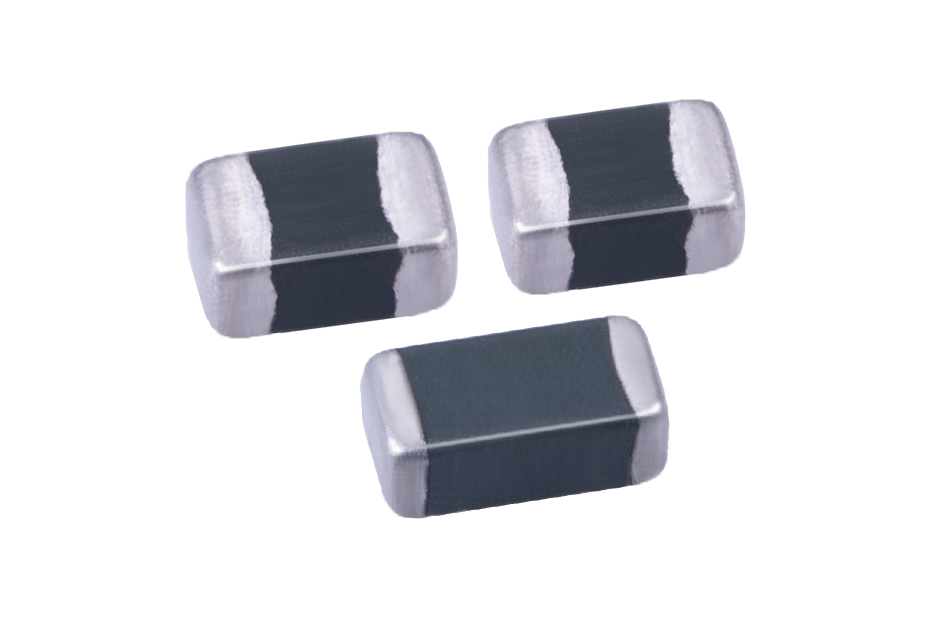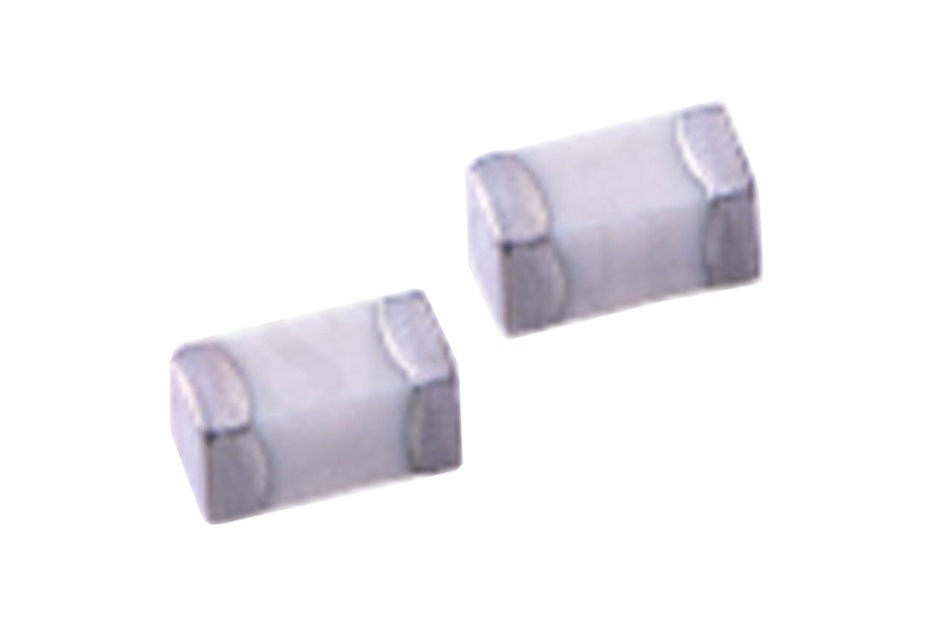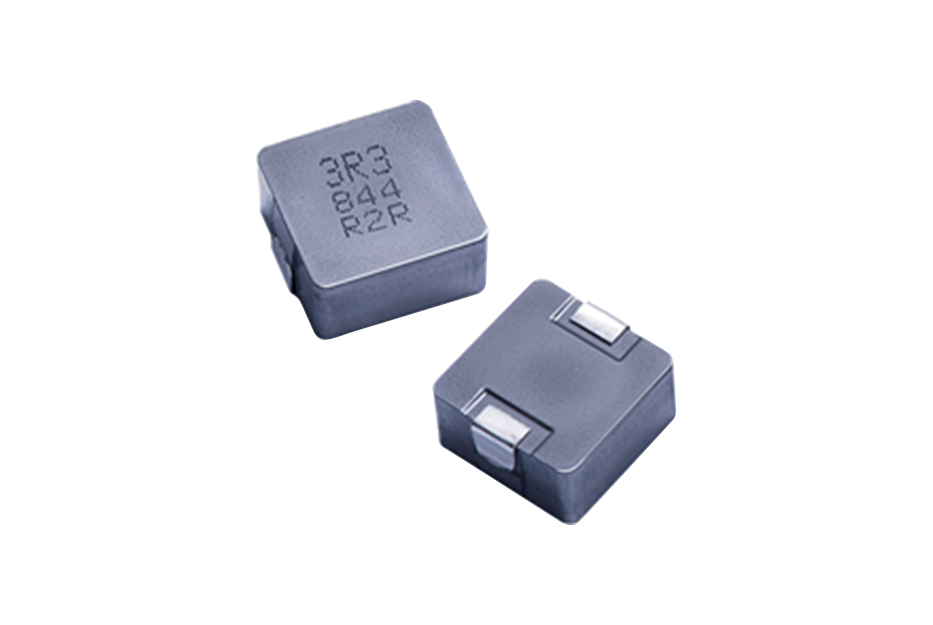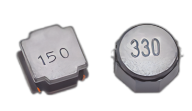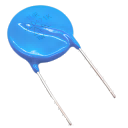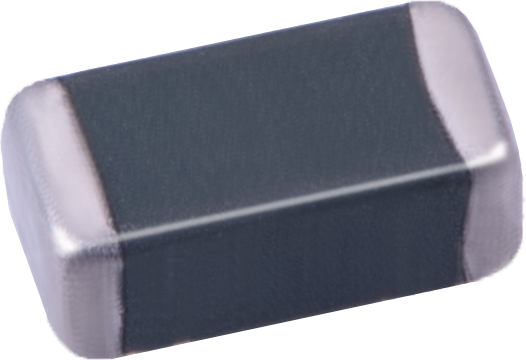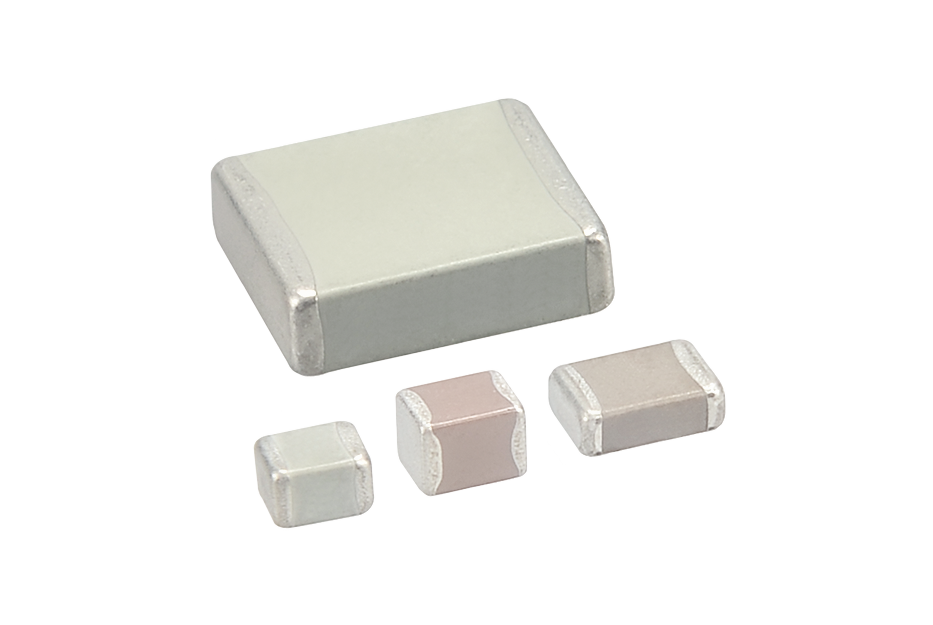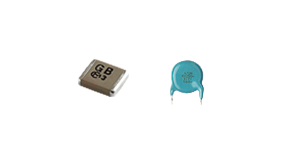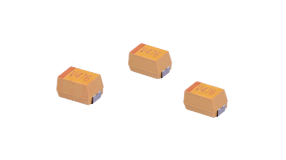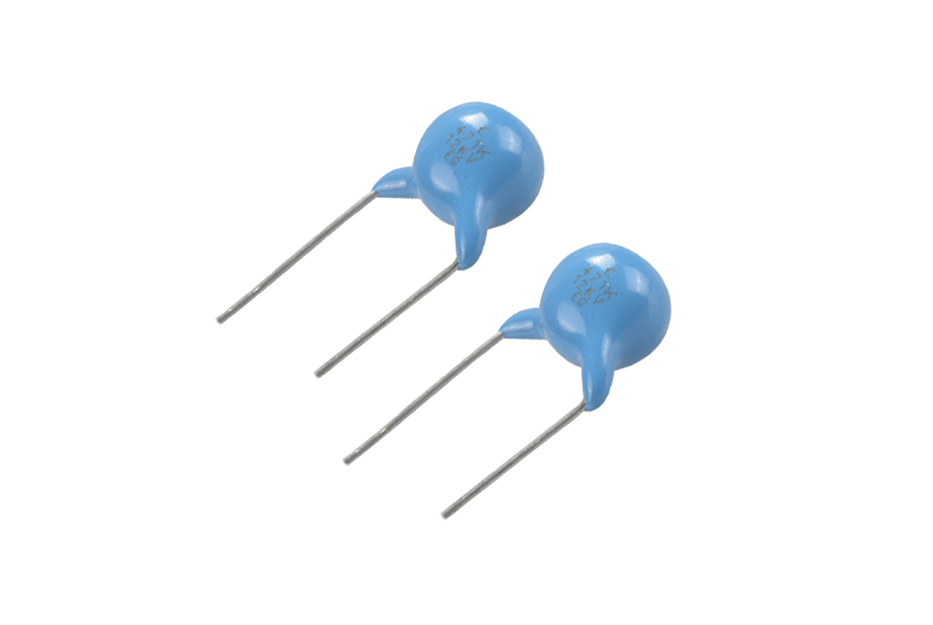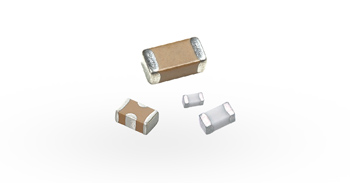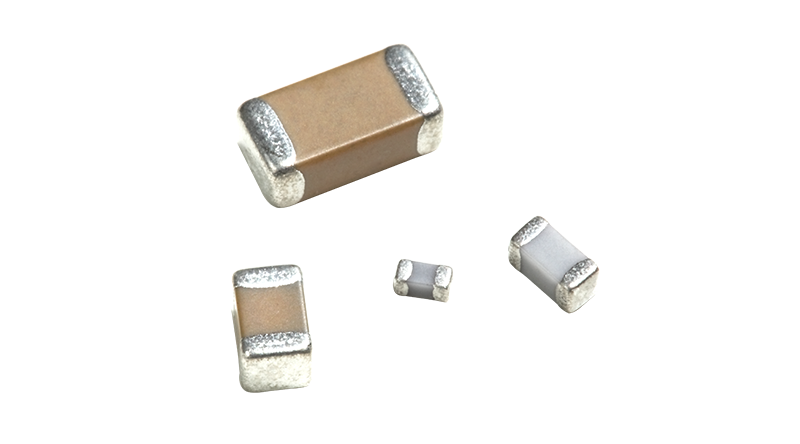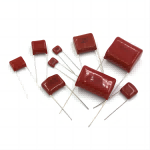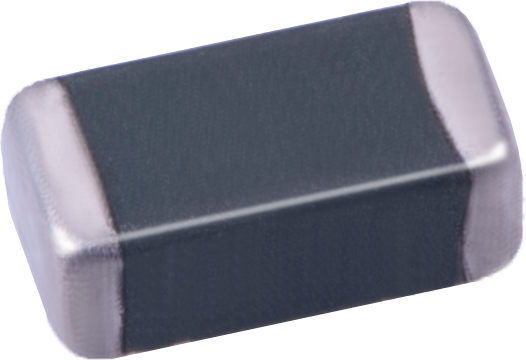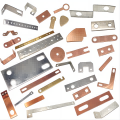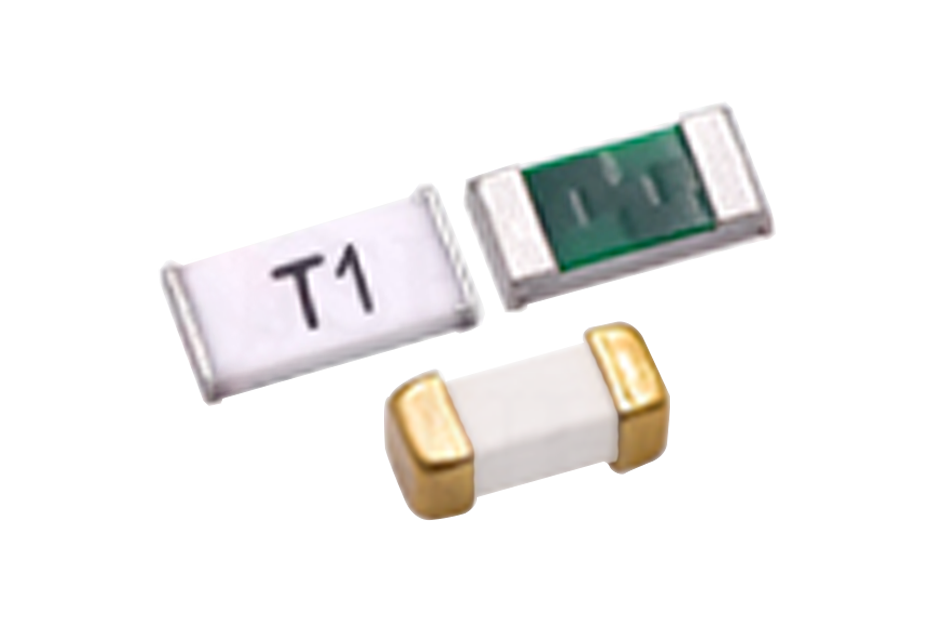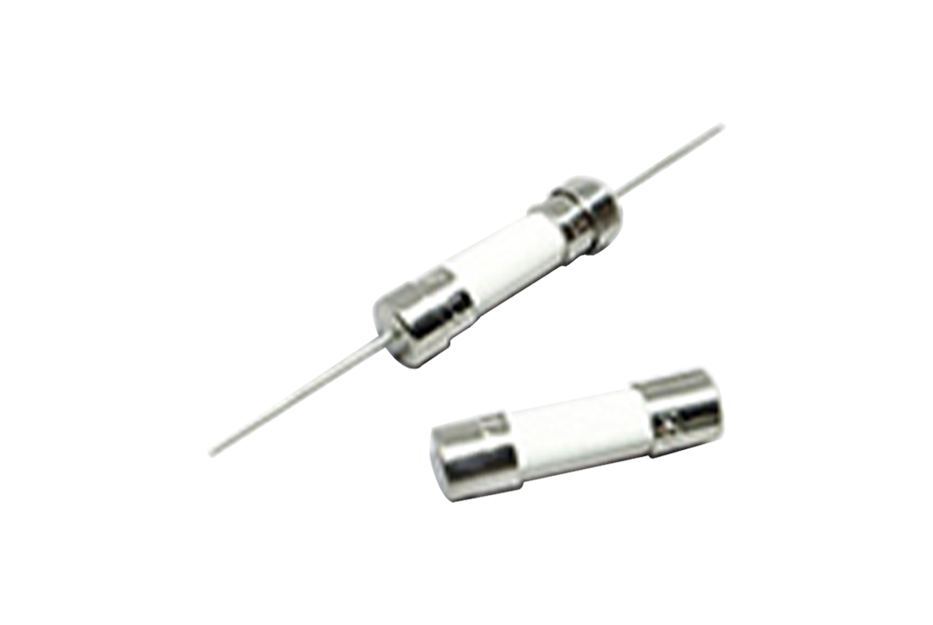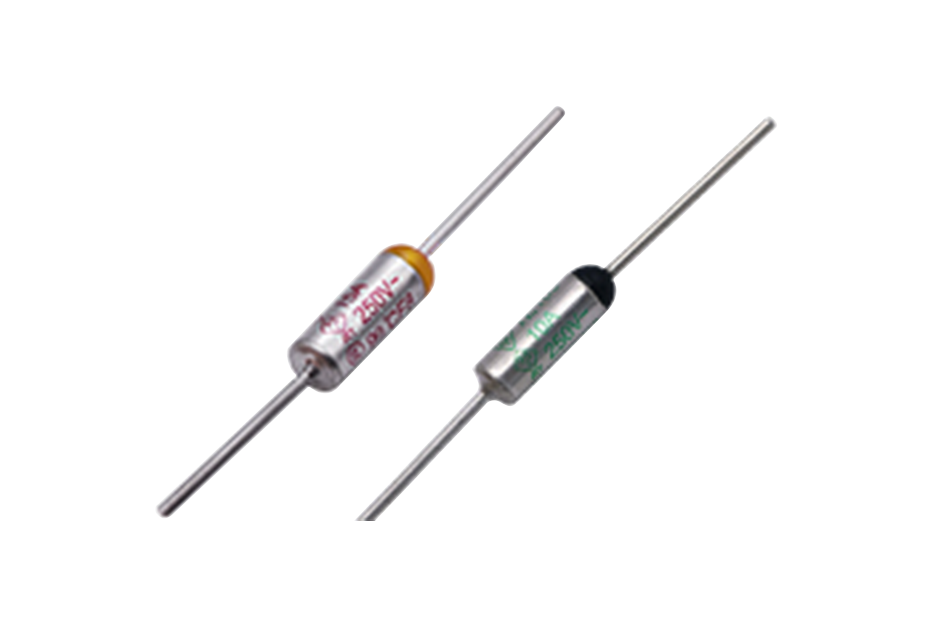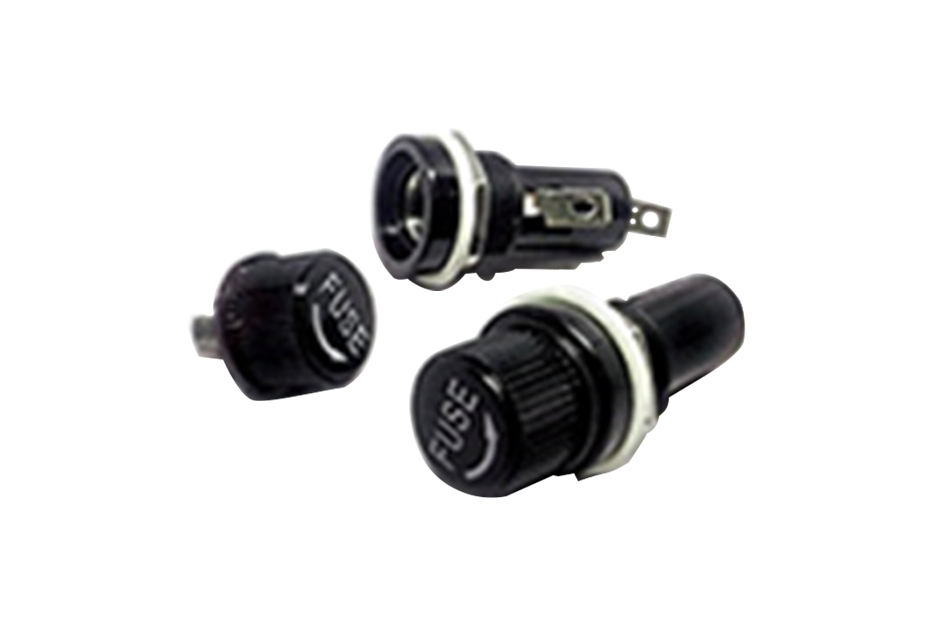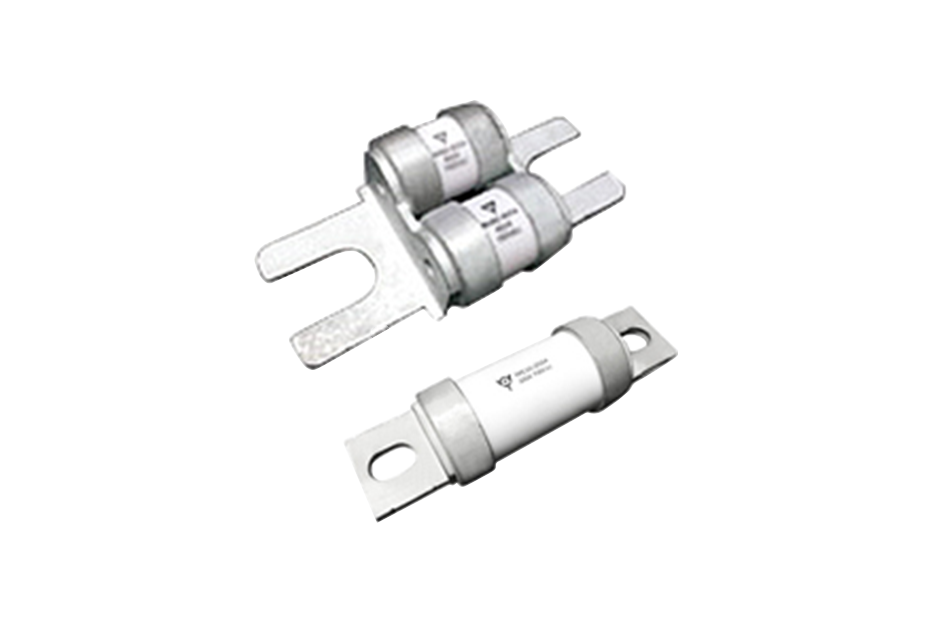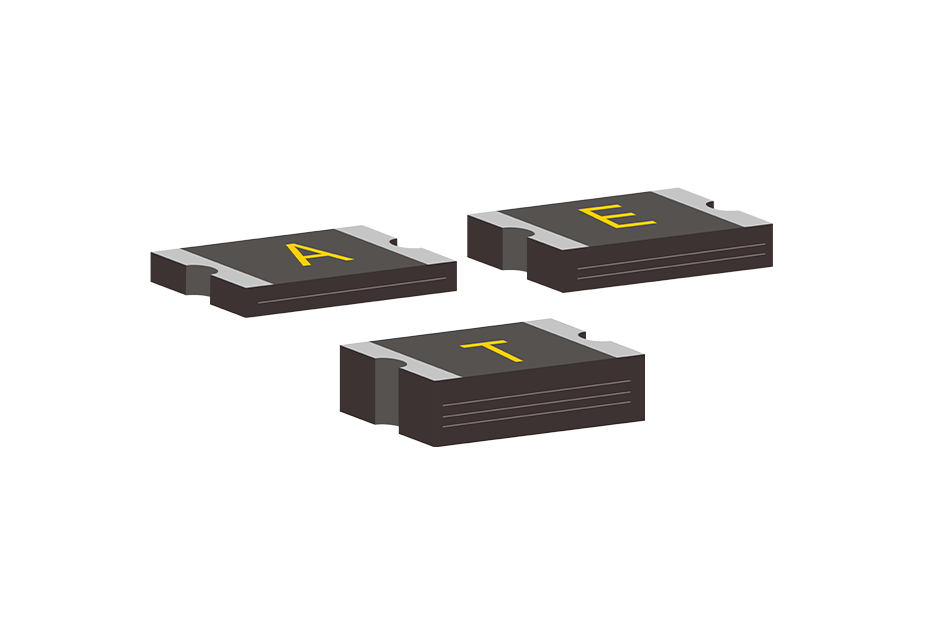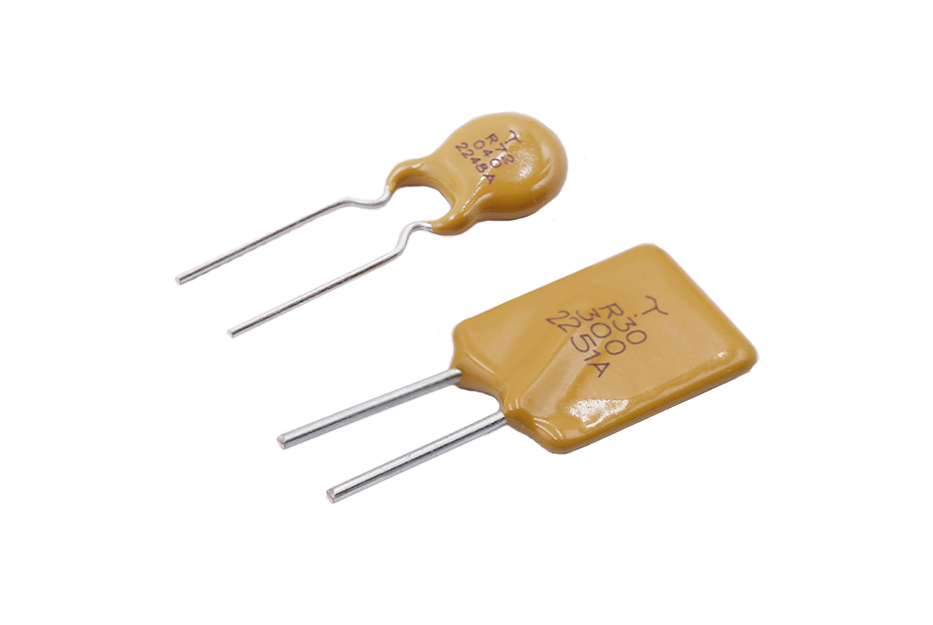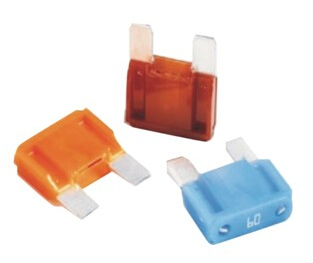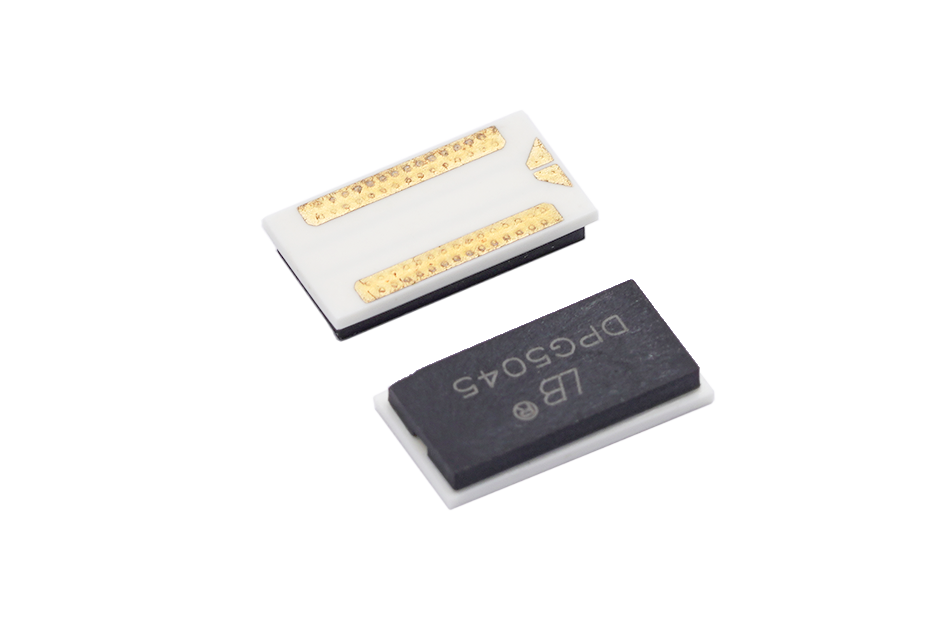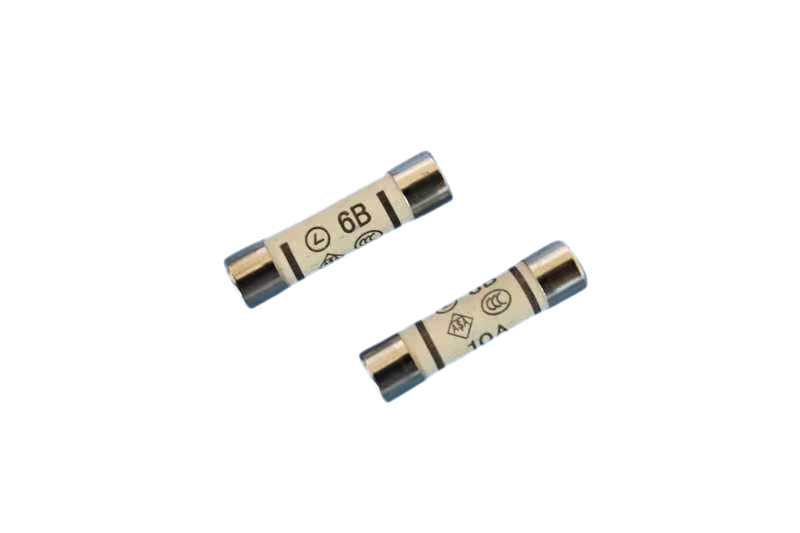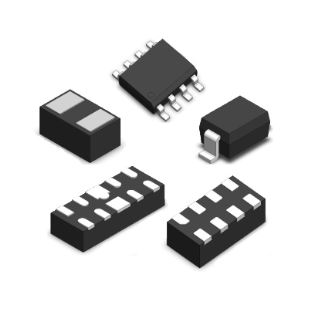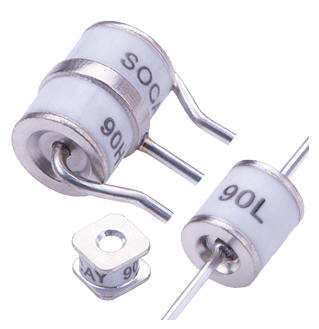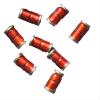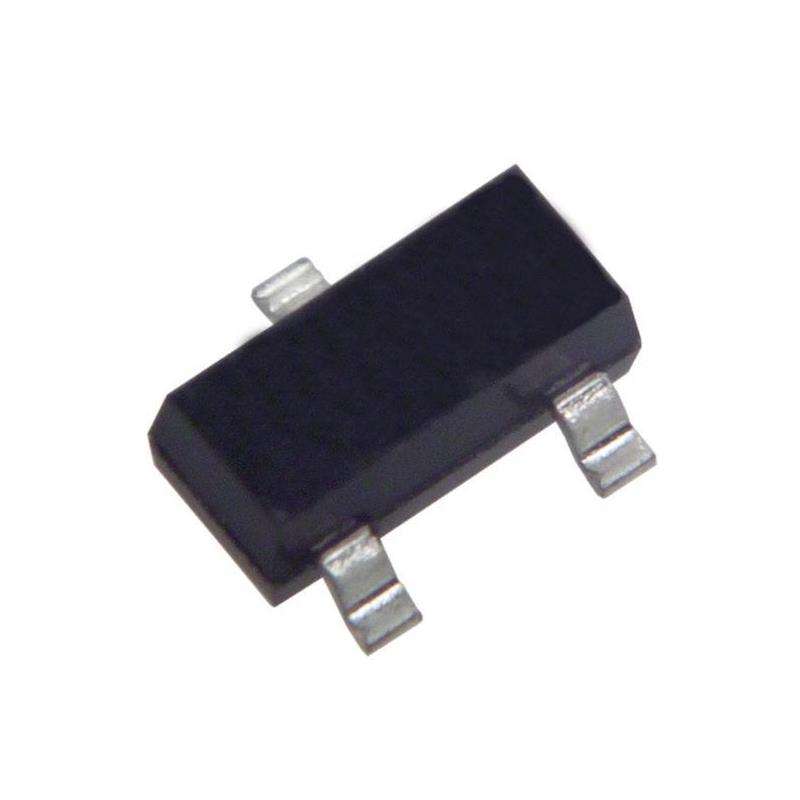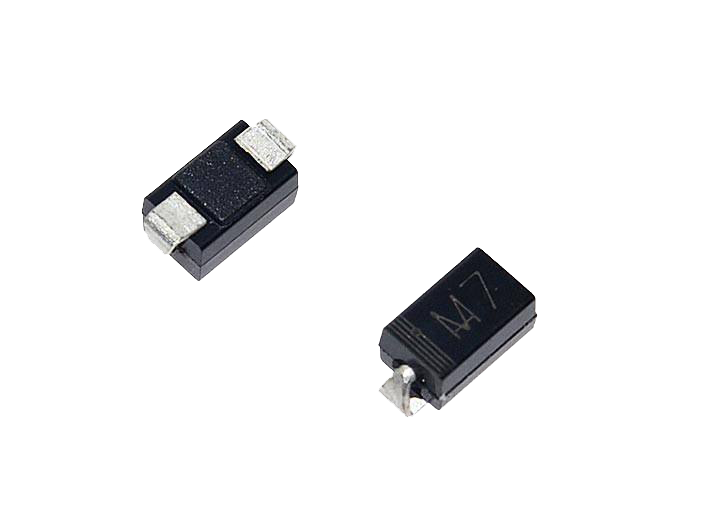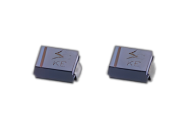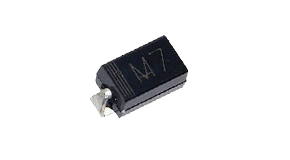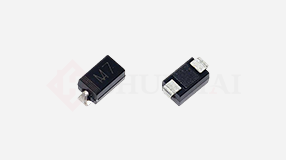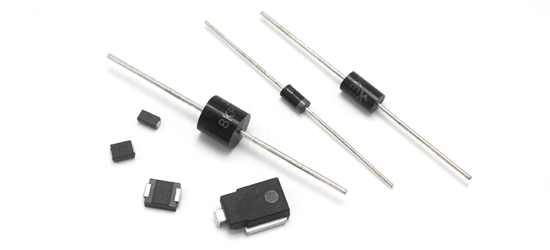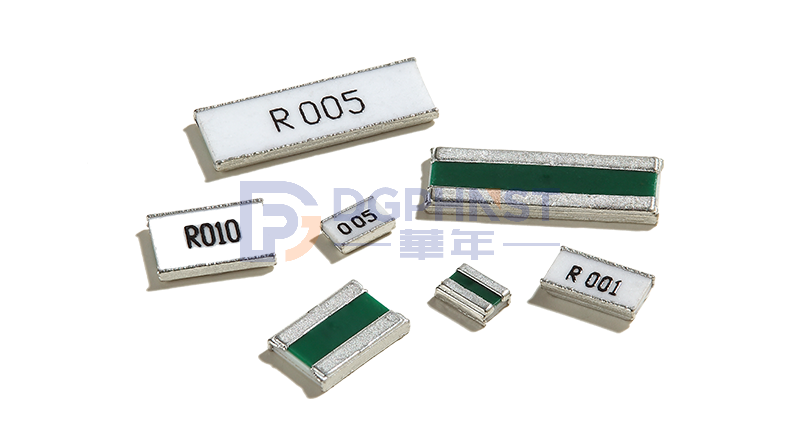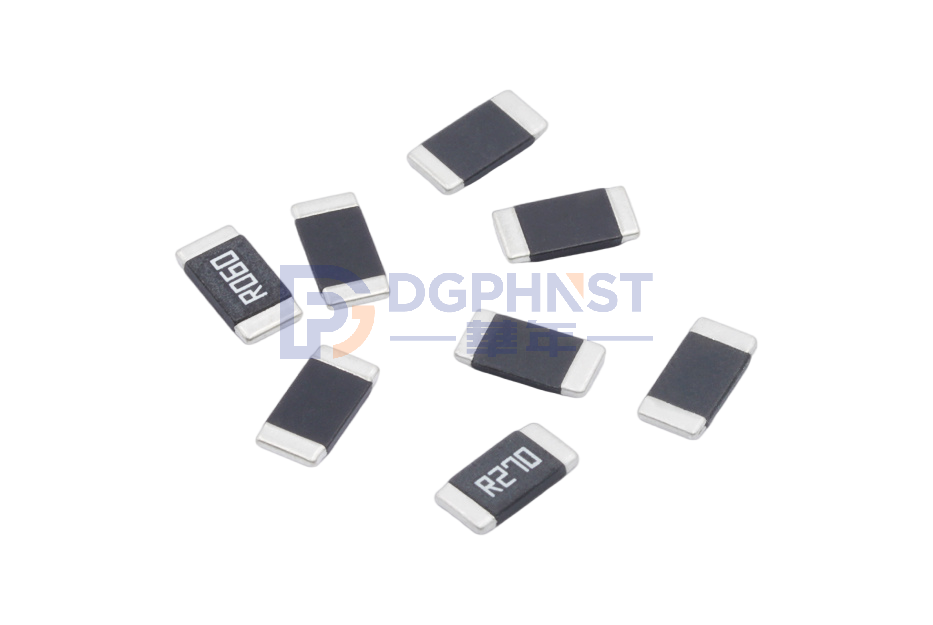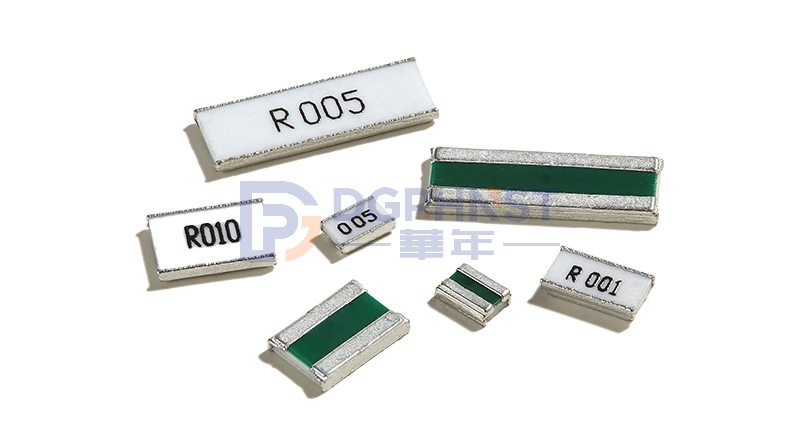Resistors can be classified into two common types based on the production method: Through-Hole Resistors and Surface Mount Resistors.
LIZ-RS
Anti-Surge Thick Film Chip resistor
1. Through-Hole Resistors:
Through-Hole Resistors are resistor components that are installed on a circuit board by inserting them into holes. They have two or more metal leads (pins) that are used for mounting and connecting to the holes on the printed circuit board. Through-Hole Resistors are commonly used in traditional through-hole circuit boards and have the following characteristics:
- Lead Insertion Capability: Through-Hole Resistors are installed by inserting their leads into holes on the circuit board, making them easy to install and remove.
- Large Size and High Power: Through-Hole Resistors are typically larger in size and suitable for high-power and high-current applications.
- High-Temperature and Impact Resistance: Due to the larger size of Through-Hole Resistors and their leads, they exhibit good resistance to high temperatures and mechanical impacts.
2. Surface Mount Resistors:
Surface Mount Resistors are resistor components designed for surface mount technology (SMT). They have a flat rectangular shape and no lead wires, and they are directly soldered onto the surface of a printed circuit board. Surface Mount Resistors are one of the most common resistor types used in modern electronic devices, and they have the following features:
- Miniaturization and Lightweight: Surface Mount Resistors are small in size, making them suitable for compact and portable device designs.
- Automated Manufacturing: Surface Mount Resistors are compatible with high-speed surface mount machinery for large-scale production, improving manufacturing efficiency.
- Various Size and Power Options: Surface Mount Resistors are available in a range of sizes and power ratings to meet different application requirements.
- Low Inductance and Low Noise: Surface Mount Resistors are designed to have low inductance and noise characteristics, making them suitable for high-frequency and noise-sensitive applications.
Both Through-Hole Resistors and Surface Mount Resistors have wide applications in the field of electronics. The choice between the two types depends on the circuit design requirements, manufacturing technology, space constraints, and cost considerations.

